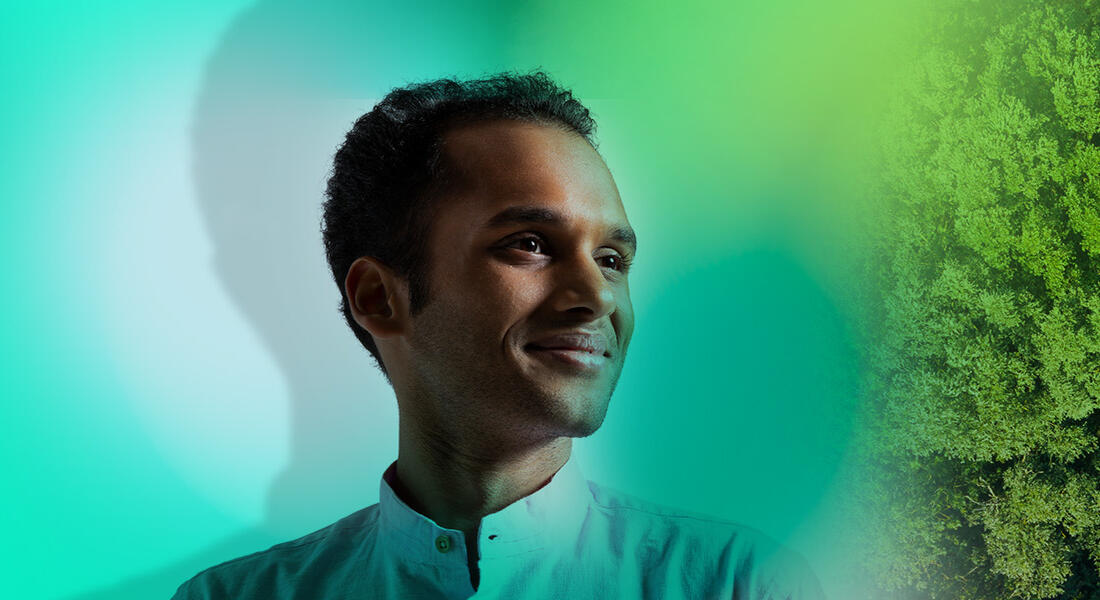Five to six years
Applications are now closed
Fully funded
London, UK
Advance your academic success at a world class research institution
A fully-funded PhD for aspiring scholars seeking an academic career
We believe that rigorous academic analysis can provide practical solutions to complex problems in society. Our fully-funded PhD programme provides students with the opportunity to conduct their own research in a world-leading university, finding solutions to key challenges in modern business. As a Business School, we rank first in the UK for research environment and second for management and business students, while Imperial College London ranks first in the UK overall for research (REF 2021).
Starting with a one or two-year Master’s in Research (MRes), depending on your chosen research area, you will gain a strong theoretical grounding and thorough research training to prepare you for the PhD. As a doctoral student you will have the benefit of supervision from leading world scholars. You will develop the expertise and research skills necessary to pursue a career in academia with previous Imperial doctoral graduates finding success in other leading universities such as Copenhagen Business School, Tsinghua University, University of Amsterdam, University College London, and The Wharton School of the University of Pennsylvania.

Build your career with our global reputation
With particular expertise in finance, entrepreneurship, health, and sustainable business, the Business School is recognised as leading the field. Benefit from strong industry partnerships and a diverse alumni network.

A fully-funded programme
You’ll be offered full funding, with a tuition fee waiver (Home/EU or Overseas) and living stipend for up to five years. Sixth year funding will be considered on a case-by-case basis, with potential for a teaching or research assistant studentship.
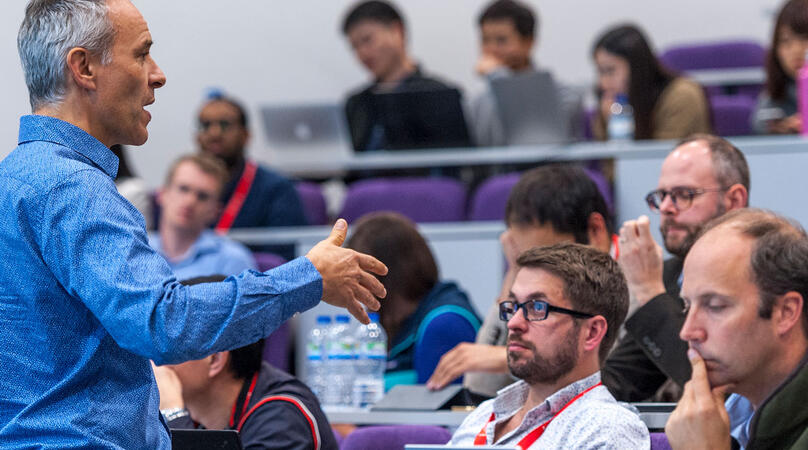
World-class faculty
Our world-renowned faculty are leaders in their respective fields, bringing a wealth of experience and academic distinction. They are invested in developing the research interests of our students, fostering intellectual growth and innovation.
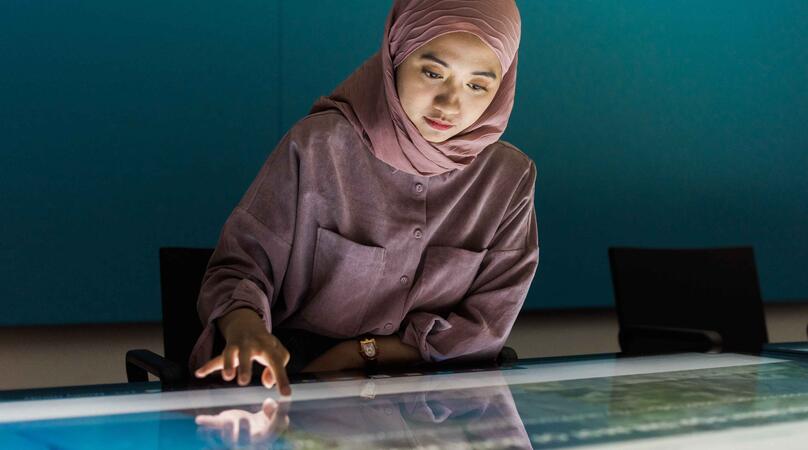
Impact on industry
Working closely with businesses and governments, we drive policy and practice through inspiring collaboration and research excellence, giving you the opportunity to observe the impact of research on business and society.
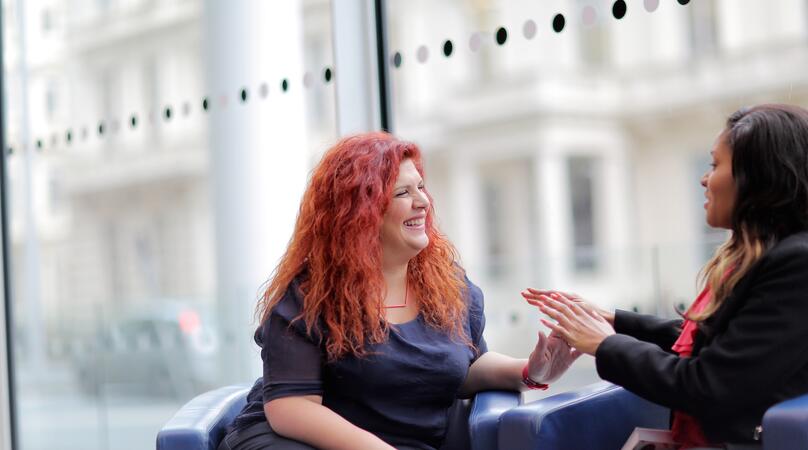
Inspiring intellectual community
Engage with a diverse cohort of fellow PhD students and researchers, creating an inspiring and collaborative environment that encourages intellectual development and professional connections.
Programme content
The Business School Master’s in Research (MRes) is an integral part of the PhD, introducing theory and research methods in Finance, Economics and Management, providing you with a solid foundation for your doctoral studies. Depending on the research area you choose to specialise in, you will embark on a one or two-year MRes programme as shown below.
*Please note programme content is subject to change. The modules mentioned below are just a sample of what is available in the programme.
During the MRes one-year programme, you will complete elective modules relevant to your field, these will provide you with valuable research tools in addition to research methods modules and specialist modules. Elective modules may be taken from different departments within the school and may also be available from other faculties within Imperial College London.
Systematic Reviews
When starting new research, the first step is usually a literature review: scanning what is already known about a given topic and figuring out where the gaps are. However, novice researchers tend to be anything but systematic in their literature review: they have no method for scanning the literature, and they usually have little idea of what is relevant and what is not. The Systematic Review method opens a way to create research syntheses that add real value and novel insight – in a way that is potentially publishable in its own right.
Data Analysis Tools
This module covers: Probability: Inequalities and Entropy, Laws of Large Numbers, Normal Distribution, MGFs and Characteristic Functions, CLT, linear regression and least squares; Linear Algebra: Eigenvalues/Eigenvectors, PCA; Optimal Control: Value Functions and the Bellman Equation, Cross- Equation Restrictions.
Elective modules
After your required introductory modules, you will choose elective modules. In addition to the electives offered within the Business School as part of the MRes programme, you may elect to take a module from another department within Imperial, or at one of our partner institutions, subject to availability.
Advanced Topics in Organisational Behaviour
Applied Microeconometrics 1
Asset Pricing Theory
Corporate Finance
Corporate Sustainability
Consumer Behaviour
Decision Making Under Uncertainty
Econometrics 1
Empirical Asset Pricing
Empirical Corporate Finance
Entrepreneurship
Financial Economics of Climate and Sustainability
Foundations of Big Data and Machine Learning in Finance
Healthcare & Medical Analytics
Industrial Organisation
Innovation Management
Interdisciplinary Research
Logistics & Supply Chain Analytics
Machine Learning for Analytics
Machine Learning in Economic Analysis
Macroeconomics
Macro-Finance
Micro Development Economics
Microeconomics 2
Microeconomics 1
Optimisation & Decision Models
Organisational Behaviour
Organisational Theory
Qualitative Methods 1
Qualitative Methods 2
Quantitative Methods 1
Readings in Digital Business
Readings in Social Networks: Social Capital
Retail & Marketing Analytics
Special Topics in Organisational Theory and Strategy
Stochastic Processes
Strategy
Sustainable Behaviour
Topics in Empirical Banking
*These modules are available subject to capacity and timetabling constraints in other faculties and are differently weighted to the MRes Business electives
Research Project
You will develop your own research project, which is assessed via submission of a written thesis and an oral examination.
For the MRes two-year programme, you will complete core modules, research methods modules and specialist modules in addition to completing a Research Project in your second year. You will submit your dissertation in the summer term followed by an oral exam. Progression to the PhD depends on successful completion of the MRes.
Systematic Reviews
When starting new research, the first step is usually a literature review: scanning what is already known about a given topic and figuring out where the gaps are. However, novice researchers tend to be anything but systematic in their literature review: they have no method for scanning the literature, and they usually have little idea of what is relevant and what is not. The Systematic Review method opens a way to create research syntheses that add real value and novel insight – in a way that is potentially publishable in its own right.
Data Analysis Tools
This module covers: Probability: Inequalities and Entropy, Laws of Large Numbers, Normal Distribution, MGFs and Characteristic Functions, CLT, linear regression and least squares; Linear Algebra: Eigenvalues/Eigenvectors, PCA; Optimal Control: Value Functions and the Bellman Equation, Cross- Equation Restrictions.
Year one compulsory modules for Economics and Public Policy pathway
Applied Microeconometrics - This module will provide an introduction to the practice of applied microeconometrics. Students will learn the standard empirical methods in current use by applied researchers and be exposed to a handful of frontier approaches. The focus will be on implementation beyond simply estimating a parameter of interest: getting the standard errors right, validation and conducting appropriate robustness exercises, and adapting methods to fit new contexts.
Econometrics I - The module has the objective to provide the students with econometric tools necessary to conduct their empirical research and discuss fundamentals of econometric theory behind them. Students will learn how to conduct - and how to critique - empirical studies in finance, economics and related fields.
Empirical Industrial Organisation - This module enables you to answer counterfactual economic questions based on structural modeling and estimation.
Macroeconomics I - The course will focus on building a strong foundation in macroeconomic theory, particularly in analysing dynamic optimization problems. These techniques will be applied to a wide range of models to deepen students' understanding of topics like business cycles, long run growth, unemployment, and inequality.
Macroeconomics II - This course covers research issues that arise in the intersection of macroeconomics and finance. Topics include portfolio choice, general equilibrium models with heterogeneous agents and dynamic asset pricing models.
Microeconomics I - The module covers the main tools of microeconomic theory and focuses on preferences, consumer theory, choice under uncertainty, producer theory, and game theory. Time permitting, it introduces general equilibrium in competitive markets. The emphasis is on economic intuition as well as techniques. The fundamental concepts of microeconomic theory are discussed.
Microeconomics II - This module covers competitive equilibrium, markets with imperfect, competition and asymmetric information, general equilibrium, Social choice and mechanism design
Research Experience – This module is intended to give students practical experience of research preparation for their dissertation the following year. They will undertake research tasks under the supervision of a faculty member on a topic chosen by the faculty member. Students can select those projects that fit their research interests.
Year one compulsory modules for Finance pathway
Applied Microeconometrics - This module will provide an introduction to the practice of applied microeconometrics. Students will learn the standard empirical methods in current use by applied researchers and be exposed to a handful of frontier approaches. The focus will be on implementation beyond simply estimating a parameter of interest: getting the standard errors right, validation and conducting appropriate robustness exercises, and adapting methods to fit new contexts.
Econometrics I - The module has the objective to provide the students with econometric tools necessary to conduct their empirical research and discuss fundamentals of econometric theory behind them. Students will learn how to conduct - and how to critique - empirical studies in finance, economics and related fields.
Macroeconomics I - The course will focus on building a strong foundation in macroeconomic theory, particularly in analysing dynamic optimization problems. These techniques will be applied to a wide range of models to deepen students' understanding of topics like business cycles, long run growth, unemployment, and inequality.
Macroeconomics II - This course covers research issues that arise in the intersection of macroeconomics and finance. Topics include portfolio choice, general equilibrium models with heterogeneous agents and dynamic asset pricing models.
Microeconomics I - The module covers the main tools of microeconomic theory and focuses on preferences, consumer theory, choice under uncertainty, producer theory, and game theory. Time permitting, it introduces general equilibrium in competitive markets. The emphasis is on economic intuition as well as techniques. The fundamental concepts of microeconomic theory are discussed.
Corporate Finance - This module is taught in two parts, starting with a historical background, and then considering the theory of investment decisions, capital structure, financial innovation, and corporate governance.
Asset Pricing Theory - The first part of this module deals with representative investors, portfolio choice and dynamic securities markets in discrete time before covering portfolio choice in continuous time and option pricing. The second part starts from the asset pricing implications of a general equilibrium Lucas-tree economy. Then, it discusses the main asset pricing puzzles implied by these economies. Finally, we will explore optimal portfolio choice, multiple trees economies and some of the latest attempts in the asset pricing literature to solve some of these puzzles.
Research Experience - This module is intended to give students practical experience of research preparation for their dissertation the following year. They will undertake research tasks under the supervision of a faculty member on a topic chosen by the faculty member. Students can select those projects that fit their research interests.
Topics in Finance - This module constitutes a rotation set of 10 guest speakers from the Business School Finance Department who are not already teaching on the Doctoral programme. Each speaker will present a piece of their own research to introduce you to their field(s) of speciality.
Year one compulsory modules for Management and Entrepreneurship pathway
Introduction to the Practice of Research - This module will introduce you to the craft of research. You will develop the skills and knowledge you need to effectively produce research questions and hypotheses, ensuring consistency between theory, research design, methods and measures, and developing a clear and compelling argument.
Applied Microeconometrics - This module will provide an introduction to the practice of applied microeconometrics. Students will learn the standard empirical methods in current use by applied researchers and be exposed to a handful of frontier approaches. The focus will be on implementation beyond simply estimating a parameter of interest: getting the standard errors right, validation and conducting appropriate robustness exercises, and adapting methods to fit new contexts.
Qualitative Methods I - This module covers research methods required in qualitative research. You will develop skills in all aspects of the research process, including research design, data collection, data analysis, theory building, writing up as well as reviewing papers and responding to referees. The module is essential for those who wish to author qualitative research but will also be useful for quantitative researchers.
Quantitative Methods I - This module provides an overview of the primary quantitative methods employed in management research. It will enable you to develop the ability to interpret the results of your own research as well as to critically assess the findings presented in other studies. The emphasis will be on the practical application of different estimation models using STATA rather than on the econometrics and mathematical specification.
Organisational Behaviour - In this module you will be introduced to a selection of most seminal papers in organisational behaviour with a particular focus on classic and contemporary theories, ongoing controversies, and ground-breaking empirical studies. The emphasis is on providing a foundational overview of the field.
Organisational Theory - This module will expose you to the major theoretical perspectives and issues studied in organisation theory research. You will also be exposed to a set of approaches to understanding how and why organisations form, survive and grow.
Strategy - In this module you will develop the fundamentals of strategy including the theories of competitive advantage, industry analysis, understanding of resource based view/knowledge based view, and corporate strategy.
Innovation Management - This module will offer a thorough theoretical understanding of the key themes of innovation research, combined with practical insights into the challenges of innovation management in organisations. You will address topics ranging from technological change, creativity, the role of networks in innovation, and appropriability/value capture from innovation.
Entrepreneurship - This module introduces students to the major theoretical threads and debates in the field of entrepreneurship. Students will learn to make connections between theory and empirical research, practice critiquing and identifying insight in research, engage with fundamental debates in the field and formulate directions how the field may be further advanced.
Research Experience – This module is intended to give students practical experience of research preparation for their dissertation the following year. They will undertake research tasks under the supervision of a faculty member on a topic chosen by the faculty member. Students can select those projects that fit their research interests.
Elective modules for Economics and Public Policy pathway
Asset Pricing Theory
Consumer Behaviour
Corporate Finance
Corporate Sustainability
Decision Making Under Uncertainty
Empirical Asset Pricing
Entrepreneurship
Financial Economics of Climate and Sustainability
Foundations of Big Data and Machine Learning in Finance
Industrial Organisation
Innovation Management
Machine Learning for Analytics, Marketing and Operations
Machine Learning in Economics Analysis
Macro-Finance
Micro Development Economics
Optimisation
Organisational Behaviour
Organisational Theory
Qualitative Methods I
Qualitative Methods II
Special Topics in Organisational Theory and Strategy
Stochastic Processes
Strategy
Sustainable Behaviour
Topics in Empirical Banking
Topics in Environmental and Resource Economics
Topics in Health Economics
Topics in Household Finance
Elective modules for Finance pathway
Asset Allocation and Investment Strategies
Big Data in Finance
Consumer Behaviour
Corporate Sustainability
Decision Making Under Uncertainty
Entrepreneurship
Empirical Asset Pricing
Empirical Industrial Organisation
Financial Economics of Climate and Sustainability
Foundations of Big Data and Machine Learning in Finance
Industrial Organisation
Innovation Management
Machine Learning in Economic Analysis
Machine Learning for Analytics, Marketing and Operations
Macroeconomics
Macro-Finance
Microeconomics I
Microeconomics II
Micro Development Economics
Optimisation
Organisational Behaviour
Organisational Theory
Qualitative Methods I
Qualitative Methods II
Quantitative Methods I
Special Topics in Organisational Theory and Strategy
Strategy
Stochastic Processes
Sustainable Behaviour
Topics in Empirical Banking
Topics in Environmental and Resource Economics
Topics in Health Economics
Topics in Household Finance
Elective modules for Management and Entrepreneurship pathway
Advanced Topics in Organisational Behaviour
Applied Microeconometrics 1
Asset Pricing Theory
Consumer Behaviour
Corporate Finance
Corporate Sustainability
Decision Making Under Uncertainty
Econometrics 1
Empirical Asset Pricing
Empirical Industrial Organisation
Financial Economics of Climate and Sustainability
Foundations of Big Data and Machine Learning in Finance
Industrial Organisation
Interdisciplinary Research
Machine Learning for Analytics, Marketing and Operations
Machine Learning in Economic Analysis
Macroeconomics 1
Macro-Finance
Micro Development Economics
Microeconomics 1
Microeconomics 2
Optimisation
Qualitative Methods 2
Readings in Digital Business
Readings in Social Networks: Social Capital
Special Topics in Organisational Theory and Strategy
Stochastic Processes
Sustainable Behaviour
Text Mining for Economics and Finance
Topics in Empirical Banking
Topics in Environmental and Resource Economics
Topics in Health Economics
Topics in Household Finance
Research Project
During the second year, you will work on your MRes project which is formally assessed through project submission and an oral examination, and counts towards the overall MRes mark. You will submit your proposed Research Project title and a brief outline in early October of your second year followed by a progress report in early March, outlining your progress to date with the thesis. During the Summer term, students will submit their MRes dissertation. This will be followed by an oral exam.
Further specialist training
It is expected that you will undertake further training where you will delve deeper into your chosen field. Under the guidance of your supervisor, you will develop a training plan to identify which courses may be the most suitable for your training, whether at Imperial or externally. You will have the opportunity to give seminars on your research for constructive feedback and development.
Research plan
When you begin the PhD you will choose a primary and secondary supervisor, based on your research interests. The supervisor-student relationship is the foundation for a successful doctoral thesis as your supervisor will help you develop your research question, identify research and teaching opportunities and support you through your studies and the academic job application process.
Early Stage Assessment
The Early Stage Assessment (ESA) takes place in year one of the PhD and is assessed by a panel of faculty. The ESA outlines the research question, the work you have done to date and the future research activities to be carried out to complete the project. It comprises a written paper and a presentation to which all Doctoral students and research department faculty are invited. The purpose of the ESA is not only to assess your personal progress but it also gives you the opportunity to discuss your work at its early stages and get feedback and ideas from faculty to improve your research.
Thesis
Armed with feedback from the Early Stage Assessment, you will work intensely on your thesis, focusing on the collection and analysis of empirical data and developing theoretical frameworks. Under the guidance of your supervisors, the thesis gives you the opportunity to conduct a substantial piece of original research.
Seminars and conferences
Being part of the School’s inspirational research community is a crucial aspect of the doctoral experience – as is gaining familiarity with cutting-edge research from world-leading academics. Each department runs seminars where internal and external academics discuss their latest work. As well as providing insight into yet-to-be-published research, the seminars offer networking opportunities and visiting academics often lead special topic workshops for research students. The Doctoral programme also supports the participation of research students in international conferences where you can present your own research and participate in doctoral consortia.
Late stage review
The Late Stage Review takes place in year two of the PhD and follows the same principle as the Early Stage Assessment, in that its purpose is to assess your progress and provide you with feedback and advice on the direction and scope of your research.
Academic Job Market
You will also work on developing and polishing your Job Market Paper. You will have the opportunity to participate in workshops alongside support from your supervisors and faculty to help you be internationally competitive.
Our research areas
What our students say
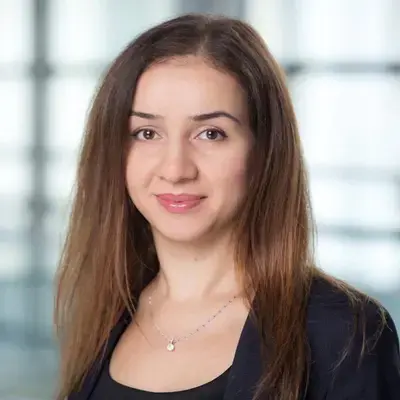
“The programme structure is different from many other business schools because during the first year at Imperial we study the Master’s of Research (MRes), which is focused on developing strong foundations before continuing to the PhD programme. This also gives us additional time to discover opportunities and find the right paths for our research.”
September 2024 intake class profile
Meet the classNext steps
Career impact
In recent years, our PhD students have joined leading universities, research centres and institutions such as Tsinghua University, University College London, Copenhagen Business School, the Bank of England, the University of Bath, King’s College London, National Chengchi University, the University of Sussex and Renmin University in China. Others have sought top positions in industry or founded successful start-ups.
The doctoral programme has been re-structured in recent years to focus more on academic development and it is anticipated that over the coming years placements will focus more on academia than industry.
Meet your faculty
Our PhD programme provides close collaboration between leading Analytics & Operations faculty and doctoral students, developing your research interests and providing continuous support and guidance throughout the programme.

Alexander Michaelides

Kalyan Talluri
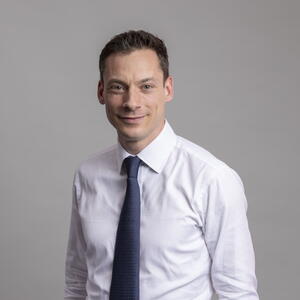


Martin Haugh
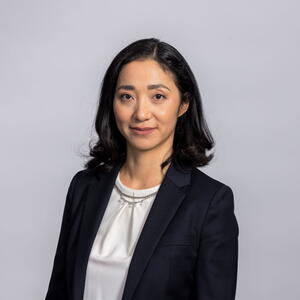

Xiaocheng Li

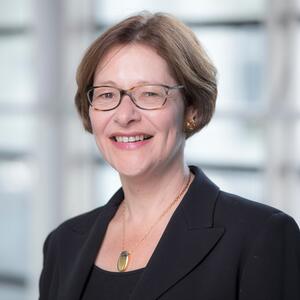


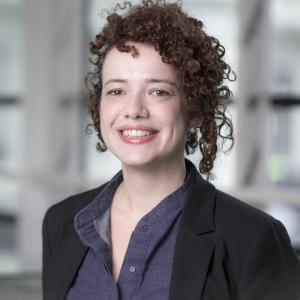
Marisa Miraldo

Richard Green

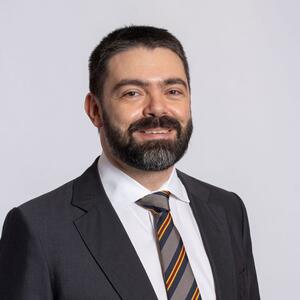
Pedro Rosa Dias
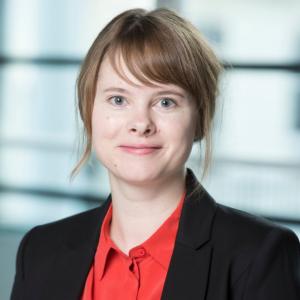


Patrick Bolton

Lara Cathcart
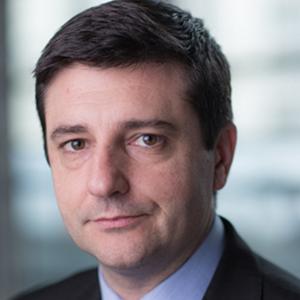
Enrico Biffis
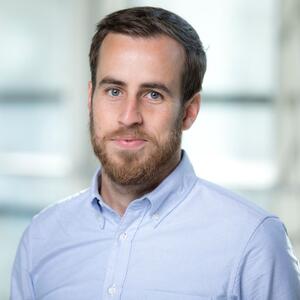
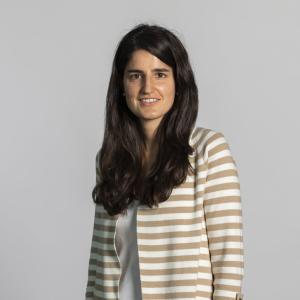


Celia Moore

Markus Perkmann

Christopher Tucci

James Barlow



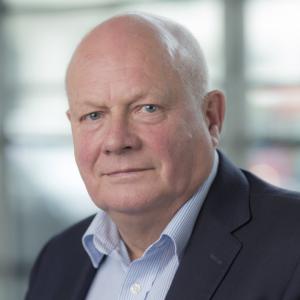

James Eteen

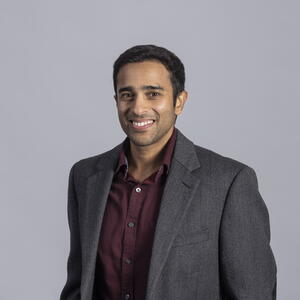
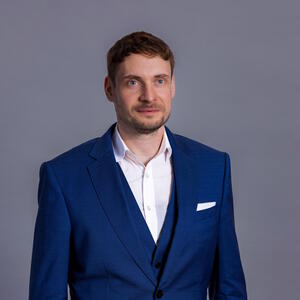

Omar Merlo
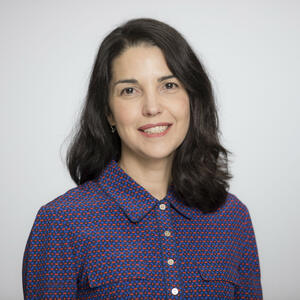
Frequently asked questions
The Doctoral programme is structured to take between four to six years full-time. In the first year, all students undertake a one or two year MRes programme depending on their chosen research area specialism. Subject to satisfactory academic progress, students then progress to the PhD which takes between 3-4 years.
The Doctoral programme has one intake each year in September and is spread over four to six years.
It is not possible to enrol on the Doctoral programme on a part-time or distance learning basis. Students must be in attendance throughout the full period of study.
It is not usually possible to transfer onto the Doctoral programme as it is unlikely that previous studies would perfectly overlap with the School’s expertise.
Please visit Imperial College London's visiting students page.
The Doctoral programme is full time. Students are able to undertake part-time work if this does not break any relevant visa and/or scholarship conditions, however the programme offers a living stipend to support students during their studies.
Admission onto the Doctoral programme is highly competitive as we accept around 15 students each year, from a total of approximately 200 applications.
There is a designated workspace which includes a computer and relevant software assigned to all enrolled Doctoral students. You will share working space with other PhD students in your cohort.
All applications to the Doctoral programme are made via our online platform. You will either need to select 'Business (MRes 1YFT)' or 'Business (MRes 2YFT)' based on your research area of interest. Further information can be found on our Doctoral programme page.
Please refer to the How to apply page to see application deadlines, what documents you are required to submit with your application and to view the selection process.
To find out more about application deadlines for our Doctoral programme please visit the How to apply page.
One of the most important parts of our application form is the ‘statement of purpose’ section. It should be no more than one or two A4 pages and should cover the following points:
-
Your motivation for undertaking the programme
-
A discussion of possible research areas that you might pursue and how these are a good fit for Imperial Business School
-
What interests you most about your chosen field of study
-
Relevant past study, industry, or research projects
-
Long-term career goals
You should browse the description of the different research groups in the Business School and the webpages of faculty members. This will give an overview of their research interests and current projects. The MRes gives you an opportunity to pursue potential interests through courses and a project prior to committing to the PhD
No, although in your application you should list a member of faculty you have identified as a potential supervisor. You can demonstrate in your statement of purpose how your research interests are aligned to a potential supervisor and the Business School.
Checking the research profiles of faculty members and Business School projects will give you an indication of whether the Business School is a good fit for you. If no faculty are working in your area of interest it is unlikely that you would be shortlisted, as we may not be able to provide supervisory support during your PhD.
During the MRes year, you will become part of the research community at Imperial Business School and interact with faculty and other PhD students during taught courses and at seminars, which we hope will influence and help shape your research ideas for the PhD.
Not all applications progress to the interview stage of the selection process, however we interview all shortlisted candidates before making an offer. In the case of overseas candidates we will arrange an interview by telephone or via Skype.
Yes. A GMAT/GRE score must be submitted before we will consider an application. Any applications submitted without a GMAT/GRE score will be considered incomplete until we receive a score. Please note that we do not make offers on the condition that a candidate achieves a satisfactory GMAT/GRE score. To see the GMAT/GRE scores we look for, please refer to the Entry Requirements page.
We offer a fully funded Doctoral programme at Imperial Business School – this includes a tuition fee waiver and a stipend for up to five years. The 2025-26 rate of the Graduate Teaching Assistant scholarship stipend is £29,000. Rates are reviewed annually and are expected to increase for 2026-27 in line with Research Council UK rates. Stipends are tax-free and the continuation of the stipend will depend on your satisfactory progress on the programme.
Living costs vary considerably depending on the area of London you choose to live in and your choice of accommodation.
Read more about estimated London living costs and accommodation for postgraduates.
Within Imperial, we also have funding opportunities from various external studentships, including EPSRC, ESRC, and the Imperial College President’s PhD Scholarships.
Students who are eligible for other PhD funding opportunities that may be available to them are expected to apply for them.
